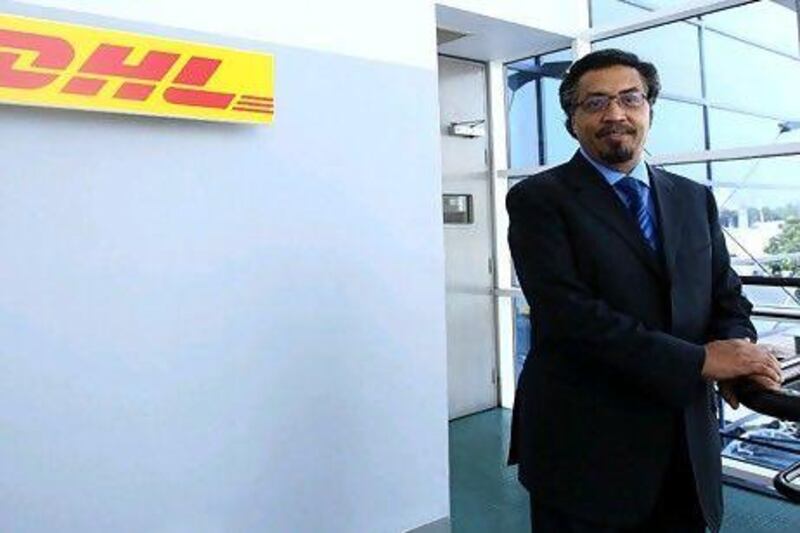A Nour Suliman is the chief executive of DHL Express Middle East and North Africa, where he oversees about 4,100 workers across 19 countries. He discusses the company's strategy for retaining Arab talent and getting packages to customers during the regional unrest.
What was your first job with DHL?
I started about 33 years ago in Bahrain. We introduced the industry into the Middle East. At that time, we used to be like four people only, so you did a bit of everything: you travel, you work on operations, you consult.
You recently transitioned from being DHL's country manager in Saudi Arabia. What was one of the challenges of that role?
I have a very strong team in place, but we need to find very strong local Arabs to support growth. This is one of the challenges. I'm not saying we will get rid of anybody because we've got to get the balance right, but we look to develop local Arabs. We have a talent programme to develop and give jobs to them.
Tell me about this programme.
In Saudi Arabia, 50 per cent of our manpower is local Saudis. What we do is select a group of talented, educated Arabs and give them management training. They work in every single division: two months in finance, two months in customer service, two or three months in sales and you develop for a bigger role in management.
Is there a similar programme in the UAE?
It's around the Middle East. We pick the good people, try to develop and motivate them, because if you don't do that, somebody else will.
Customer service is an important part of DHL's employee training. How has the company tried to get customers their packages on time during the region's recent unrest?
During the unrest DHL was one of the only companies offering service. We were up front with the customer. If there is any impact on the service, due to unrest or unexpected circumstances, we let the customer know about it up front. We don't hide things. We just pick up the phone and talk to him. This is what the customer expects most.
Are there still areas of unrest that are affecting DHL's business?
No, we still deliver to Libya, Syria.
How do you still get into Libya?
I'm not going to tell you all the secrets. Through the Egyptian border you go to Salloum, then you can go to Benghazi, then you can go anywhere.
Have you noticed Libyans trying to get certain items out right now?
Oh, yes. We have a service called Passport Express because some countries don't have an embassy to get visas. What we do is pick up the passport from you, take it to the embassy and send it back. During Ramadan, people send a lot of gifts overseas - dates or traditional stuff they use in Ramadan.





